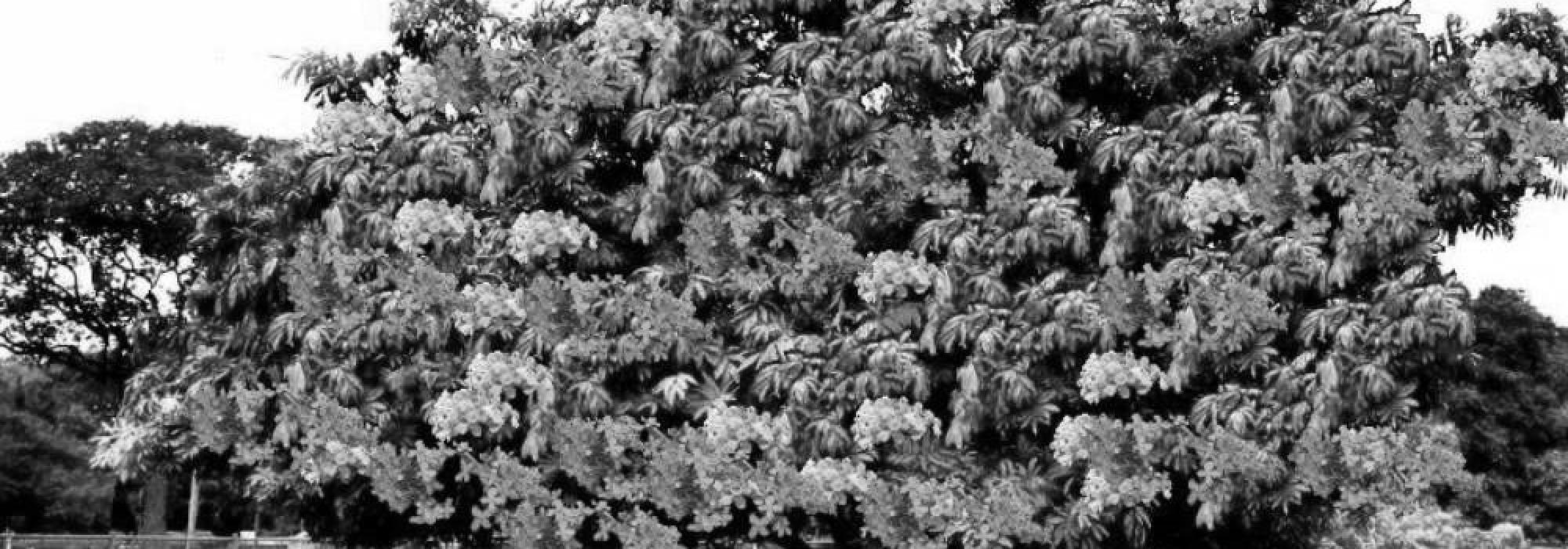The war ended. Laṅkā was captured. Hanumān conveyed the news of Śrīrāma’s victory to devī Sītā. Was there any limits to her joy? “Soumya! Nothing in this world is worth the news which you have conveyed to me.” What would Hanumān desire? He saw all the rākṣasīs who were entrusted to guard devī Sītā, some mischievous idea sprung up. “Devī! Please permit me to do this! These rākṣasīs tortured you so much. I want to avenge that! I want to bite their noses and ears, pluck their hair, torture them without respite!”
हन्तुमिच्छाम्यहं सर्वा याभिस्त्वं तर्जिता पुरा ।
क्लिश्यन्तीं पतिदेवां त्वामशोकवनिकां गताम् ॥घोररूपसमाचाराः क्रूराः क्रूरतरेक्षणाः ।
राक्षस्यो दारुणकथा वरमेतत् प्रयच्छ मे ॥मुष्टिभिः पाणिभिः सर्वाश्चरणैश्चैव शोभने ।
इच्छामि विविधैर्घातैर्हन्तुमेताः सुदारुणाः ॥घातैर्जानुप्रहारैश्च दशनानां च पातनैः ।
भक्षणैः कर्णनासानां केशानां लुञ्चनैस्तथा ॥नखैः शुष्कमुखैश्चैव दारुनाइर्लङ्घनैर्हतैः ।
निपात्य हन्तुमिच्छामि तव विप्रियकारिणीः ॥Yuddhakāṇḍa 116.31-35
Even Hanumān who was the very definition of terror to Laṅkā seem to have such thoughts of petty revenge, to torment some rākṣasīs!
Hanumān’s wedding
Śrīrāma is on the way back to Ayodhyā. He reaches Bharadvāja’s āśrama. The fortune of conveying this good news to Bharata became Hanumān’s responsibility. Disguising himself as a human, came to Nandigrāma, and spoke to Bharata, “Bharata! Śrīrāma is safe with Lakṣmaṇa and devī Sītā. He’ll reach Nandigrāma shortly.” Bharata was drowned in ānanda. ‘पपात सहसा हृष्टो हर्षान्मोहं जगाम स’ In that state of bliss he declared, “What a noble soul you are, you brought such a great news! For that I’ll give you a lakh cows, I’ll give you a hundred villages. I’ll give you sixteen women in marriage!”
देवो वा मानुषो वा त्वमनुक्रोशादिहागतः ।
प्रियाख्यानस्य ते सौम्य ददामि ब्रुवतः प्रियम् ॥गवां शतसहस्रं च ग्रामाणां च शतं परम् ।
सुकुण्डलाः शुभाचारा भार्याः कन्याश्च षोडशाः ॥Yuddhakāṇḍa 128.42-43
विभाव्य चारुताहेतुं वाल्मीकिर्मुनिपुङ्गवः ।
श्रीमद्रमायणे काव्ये हास्यमेवमपोषयत् ॥[Having perceived the cause of beauty, maharṣi Vālmīki, has supported hāsya in his kāvya Śrīmad-rāmāyaṇam]
रामायणे विविधभावरसायनेऽस्मिन्
काव्यज्ञलोकहृदयस्पृशिभव्यकाव्ये ।
वाल्मीकिरादिकविराट् कवितत्त्वदर्शी
हास्यं न्यवेशयदनर्घमिवैलचूर्णम् ॥[In Śrīmad-rāmāyaṇam which is verily a rasāyana of a myriad emotions, an epitome of poetry which touches the connoisseur’s heart, maharṣi Vālmīki the king among the poets, a visionary of the philosophy of poetry, has placed humour like how one adds elaichi in the rasāyana.]
About the author
Vidwan N Ranganatha Sarma was born in Nadahalli, a village in Soraba in Shivamogga district on April 7th, 1916. After his schooling he learnt Sanskrit grammar and aesthetics from the Shri Chamarajendra Sanskrit College in Bengaluru and received the vidvat degree. He taught Sanskrit at the middle school and high school level for some time and then joined the same Chamarajendra Sanskrit college as a faculty teaching grammar. He retired as a professor of Sanskrit grammar.
Sri Sarma secured the vidvat degree in Kannada from Madras university and also completed the ‘paṇḍita’ exam from Mysore university. He translated the Vālmīki Rāmāyaṇa, Viṣṇu-purāṇa and the 10-11-12 skandas of Bhāgavata from Sanskrit to Kannada. He has authored around 45 books in Sanskrit and Kannada. He also served as the president of the committee in charge of translating Halegannada works in the Kannada sahitya parishat. He also authored hundreds of articles which were published in various newspapers and magazines.
The complete translation of the Vālmīki Rāmāyaṇa to Kannada in eight volumes has been published by Shri Rama mandira in N R colony Bengaluru. He has also translated treatises like Śruti-sāra-samuddharaṇam of Śrī Toṭakācarya, Vyāsa-tātparya-nirṇaya of Iyaṇṇa-dīkṣita and Mādhavīya-śaṅkara-vijaya to Kannada.
Recognizing his extraordinary service to the world of literature, he has been honoured with the President’s Certificate of Honour and the Karnataka State Award.
Concluded
This is the twelfth and final part of the multi-part translation of the Kannada book "Valmiki Munigala Hasya Pravrtti" by Mahamahopadhyaya Vidwan Dr. N Ranganatha Sharma. Thanks to Dr. Sharada Chaitra for granting us permission to translate this wonderful work. The original in Kannada can be read here
















































